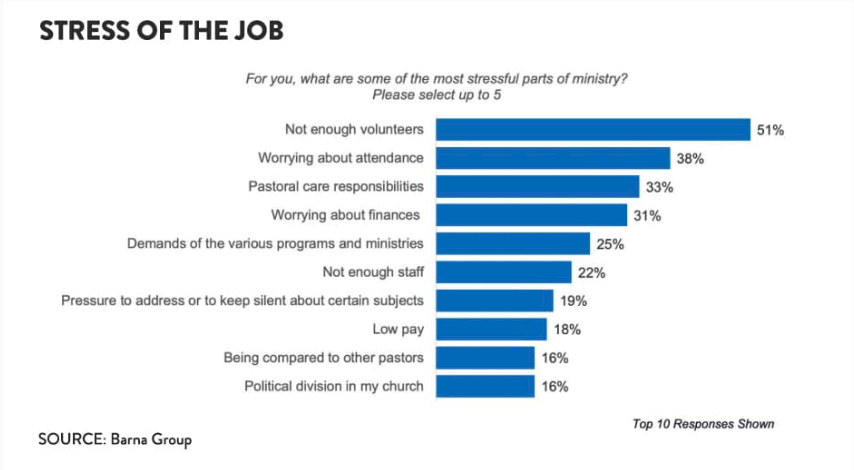Words Have Meaning
The Ignition Point of the Holy Spirit – Acts 2:1-13
In my previous post we focused upon the “Three-fold” ministry of the Holy Spirit. “….He will convict the world concerning sin and righteousness and judgement…”
In this post I want to look at the literal “ignition point” of the coming of the Holy Spirit in Acts 2:1-13. To begin, we need to remember the words of John The Baptist in Matthew 3:11 and Luke 3:16 where they reported thane is coming afterwards that would baptize you with the Holy Spirit and fire. Let’s consider some knowable truths about this event.
- Day of Pentecost – This is an actual day of celebration that Hellenistic Jews used to commemorate the “Fest of of Weeks”. Pentecost literally means “fiftieth” so this celebration was 50 days after the passover celebration. No doubt Jesus took full advantage of the images of this festival. Jesus Christ is the first fruits from the dead (Acts 26:23; 1 Cor. 15:20–23), having been the first to be raised from the dead. He spent forty days on earth (Acts 1:3) and then ascended. On the fiftieth day, Pentecost, the Spirit of God came precisely as Jesus had predicted, coinciding with the great national harvest celebration. [Swindoll, C. R. (2016). Acts (p. 35). Tyndale House Publishers, Inc.]
- 120 in Attendance – This group was awaiting something they had never witnessed, or heard of, or even remotely understand its full impact on their lives personally and the church corporately. They were in full obedience to what Christ had commanded.
- Notice the “abruptness” – one minute calm and normalcy and the next minute an audible strong rushing wind entered the place where they were seated. Do not miss the volatility of this moment. “Unbelievable” would be a word we would use in our culture.
- “Divided Tongues as of fire” appeared visually – Do not miss a key word, “hekaston” every person/each person received this experience. Notice the comments from Charles Swindoll; Luke describes the energy as coming from “tongues” (plural) like fire, a blazing substance dividing and distributing itself into one stream per individual. Unlike a lightning strike, the flames came to rest on each person. I suggest the image remained in place long enough for each person to look around and see that everyone in the group received the same flaming power, the same gift of the Holy Spirit. Each received the same empowerment. No one was left out. [Swindoll, C. R. (2016). Acts (p. 36). Tyndale House Publishers, Inc.]
- Speaking in tongues – the glossais – Notice the worshippers heard something, saw something, and now they said something. Just as they had been promised by John the Baptizer, their water baptism had been followed by their baptism with/in the Holy Spirit and fire (Matthew 3:11; Luke 3:16).
- The Result – First there was bewilderment by the on-lookers. Second the people heard (auditory) their own languages/dialects being spoke.
Take your study deeper. Before our Western mindset kicks in language structures and meanings, pause an allow the event that God did sink into your spirit being. To more fully know God Jewish culture says you observe what did first before language construction. Question; Do we need a might move of God today? Your answer reveals the level of urgency regarding making Christ known for such a time as this!
